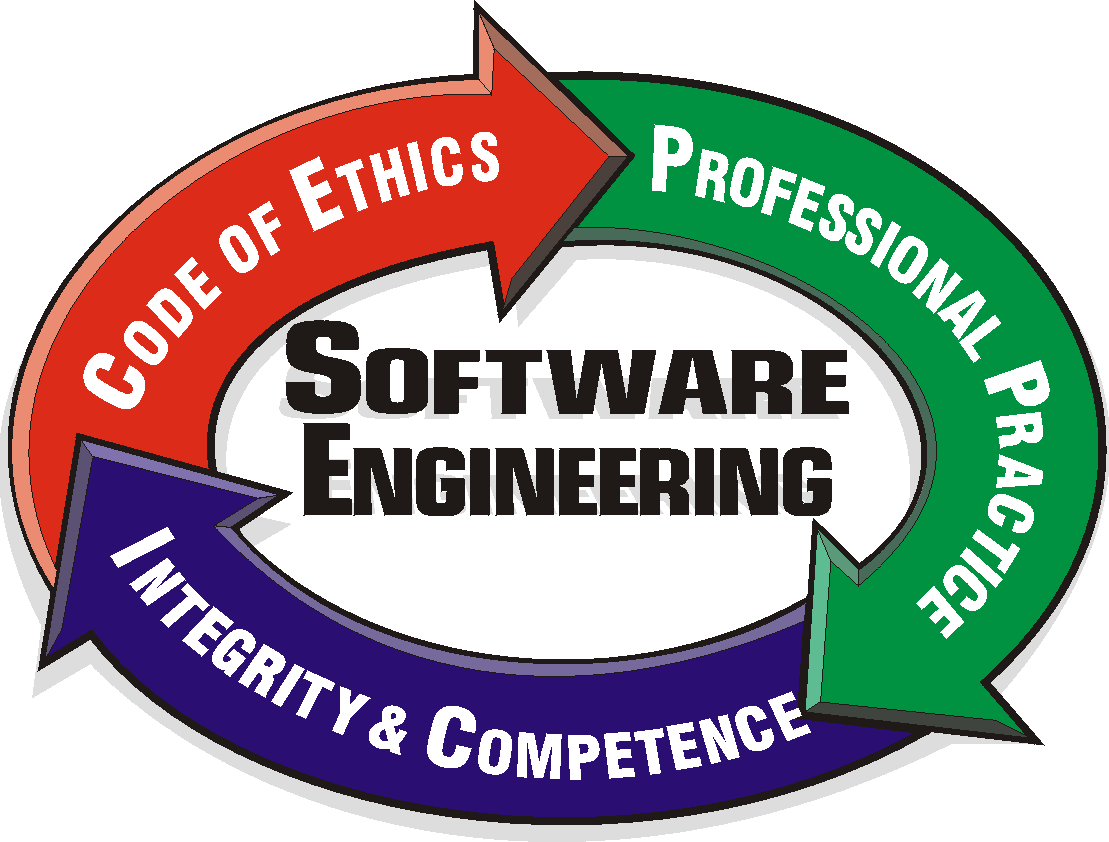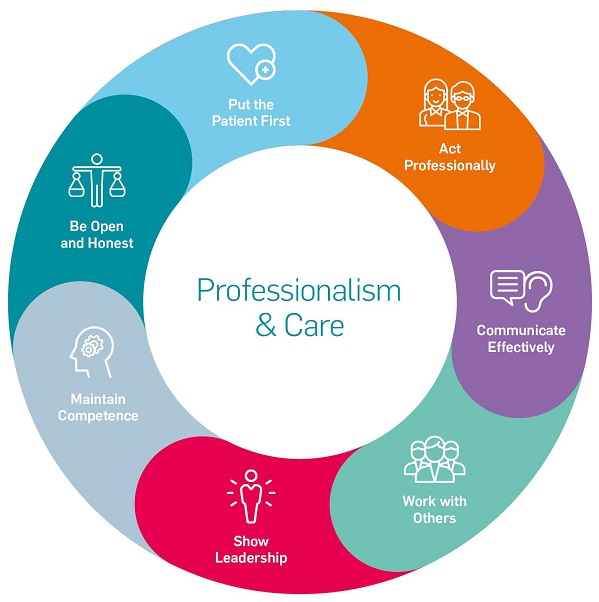reading_notes
Read: Class 42 - Ethics in Tech

Software Engineering Code of Ethics
-
PUBLIC – Software engineers shall act consistently with the public interest.
-
CLIENT AND EMPLOYER – Software engineers shall act in a manner that is in the best interests of their client and employer consistent with the public interest.
-
PRODUCT – Software engineers shall ensure that their products and related modifications meet the highest professional standards possible.
-
JUDGMENT – Software engineers shall maintain integrity and independence in their professional judgment.
-
MANAGEMENT – Software engineering managers and leaders shall subscribe to and promote an ethical approach to the management of software development and maintenance.
-
PROFESSION – Software engineers shall advance the integrity and reputation of the profession consistent with the public interest.
-
COLLEAGUES – Software engineers shall be fair to and supportive of their colleagues.
-
SELF – Software engineers shall participate in lifelong learning regarding the practice of their profession and shall promote an ethical approach to the practice of the profession.
General Code of Ethics

GENERAL ETHICAL PRINCIPLES
- Contribute to society and to human well-being, acknowledging that all people are stakeholders in computing.
- Avoid harm
- Be honest and trustworthy.
- Be fair and take action not to discriminate.
- Respect the work required to produce new ideas, inventions, creative works, and computing artifacts.
- Respect privacy.
- Honor confidentiality.
PROFESSIONAL RESPONSIBILITIES
- Strive to achieve high quality in both the processes and products of professional work.
- Maintain high standards of professional competence, conduct, and ethical practice.
- Know and respect existing rules pertaining to professional work.
- Accept and provide appropriate professional review.
- Give comprehensive and thorough evaluations of computer systems and their impacts, including analysis of possible risks.
- Perform work only in areas of competence.
- Foster public awareness and understanding of computing, related technologies, and their consequences.
- Access computing and communication resources only when authorized or when compelled by the public good.
- Design and implement systems that are robustly and usably secure.

PROFESSIONAL LEADERSHIP PRINCIPLES
- Ensure that the public good is the central concern during all professional computing work.
- Articulate, encourage acceptance of, and evaluate fulfillment of social responsibilities by members of the organization or group.
- Manage personnel and resources to enhance the quality of working life.
- Articulate, apply, and support policies and processes that reflect the principles of the Code.
- Create opportunities for members of the organization or group to grow as professionals.
- Use care when modifying or retiring systems.
- Recognize and take special care of systems that become integrated into the infrastructure of society.
COMPLIANCE WITH THE CODE
- Uphold, promote, and respect the principles of the Code.
- Treat violations of the Code as inconsistent with membership in the ACM.
Ethics in the workplace

I quickly read These Topics:
- The code I’m still ashamed of
- Project Dragonfly, Google’s censored search engine
- Amazon workers demand Jeff Bezos cancel “Recognition” software
- Google and AI
- Microsoft Employees demand end of ICE contract
It most revolve about human rights in result which I totally agree with, human rights and ethics come first, it will in long term bring all the benefits so it’s top priority Each Article discuss about a serious ethical rights, some of it about AI in weapons!, some of it about coding in company which final product harmful for young girls, the other about employees and their families separation and the other about sell AWS face recognition … etc. In order to evaluate or make an opinion or discuss in general we need to reflect what mentioned above in Code of ethics and understand deep details and look for facts.
Ethics in Technology

Big Data is our Civil Rights issue: Big Data is nowadays one of the most important Power resources, It’s a power of knowledge…
What is the good side and negative side in my opinion? The positive side that now in marketing field we can easily choose targeted audience in gender, age, location, interests, study and a lot of other segmentation. And it’s improving with days with AI technologies for new generation.
So What is the negative side which is cause human right issue ? with the culture of big data, become less freedom and privacy ! What if as a human I don’t want to any company take my data and target me with advertisment ? So I suggest to give the choice to each person to select if he/she want to involve with that or no, in addition filter that data as much as possible…